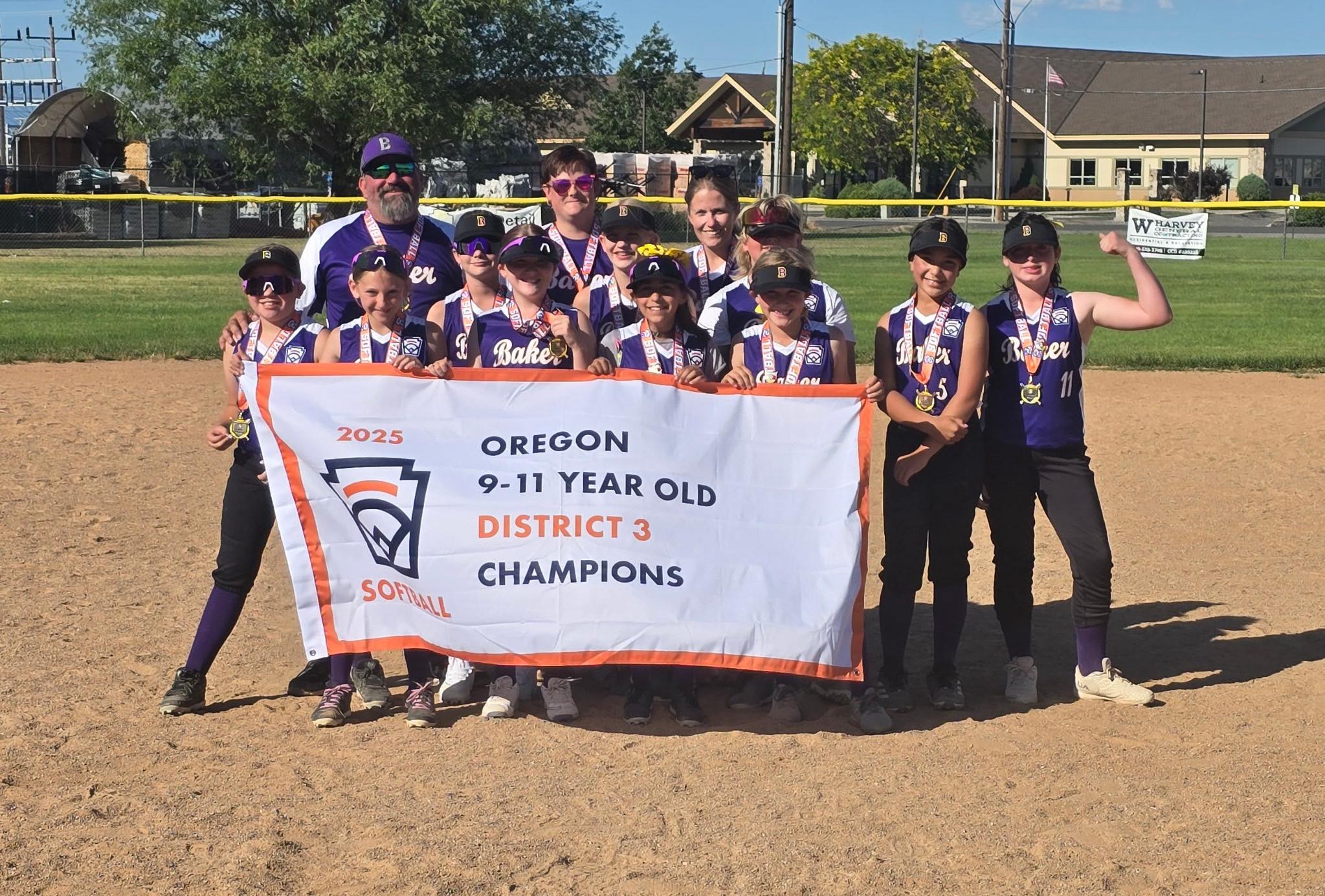COLUMN: No volumes damaged in this book battle
Published 12:30 pm Friday, April 28, 2023
“Battle of the Books” events do not involve competitors ducking to avoid fast-moving hardcover volumes.
At least I have not seen that sort of skirmish.
Although perhaps inappropriate for an academic rather than athletic endeavor, incorporating an occasional book toss would add a certain panache to the rather placid atmosphere.
That name notwithstanding, books — whether resting or in flight — are not much in evidence on the figurative battlefield, since their presence would create the potential for cheating.
For contestants the most valuable attribute is not even reading.
It’s memory.
Each autumn, teams of students from across Oregon are given a list of books.
For high schoolers there were a dozen this year.
Middle school (grades six through eight) teams had 16 titles to get through, and the elementary division (grades three through five) had 15.
Team members read the books and strive to retain, in the not altogether trustworthy recesses of the brain where such information resides, all manner of minutiae about the tales.
During competitions, moderators ask two types of questions.
The first type, which includes some detail from a book, requires that the team name, with absolute precision, both the book title and its author.
In the second round of each battle, the moderator names the book and then asks a question about it.
Teams consist of five members, four of whom participate in each two-team battle. Contestants have 15 seconds to discuss the question among themselves, and then one person, designated as the team’s spokesperson, gives the answer.
Each correct answer is worth five points. There are eight questions in each round, with questions alternating between the two teams. If the team who gets the first crack at the question answers incorrectly, the other team has a chance to claim the five points.
Given the 15-second limit, the battles proceed pretty swiftly, typically lasting about 20 minutes.
Although most teams represent schools, Baker’s Battle of the Books squads are coordinated through the Baker County Library District.
Baker teams have been competing for more than a decade, and this was the first year a local team qualified for the state tournament.
Two teams, actually — the high school and middle school squads traveled to Chemeketa Community College in Salem for the April 15 event.
My son, Max, who’s 12 and in the sixth grade, is a member of the middle school team. I attended both the regional and state competitions. The settings for the two events could scarcely have been more different.
The regional tournament was March 11 at Jordan Valley High School. This is about as far as you can get from Salem and still be in a school in Oregon.
Nor is this a solely geographic gap.
At Jordan Valley the teams gathered in a small classroom in the basement.
At Chemeketa the lobby outside the auditorium, where the opening ceremony took place, was so crowded at times that I felt as though I were waiting for a New York City subway.
(Or at least that’s how I imagine it would feel; I’ve never been to the Big Apple.)
Battle of the Books is a curiously intense event for spectators — especially for those who, like me, haven’t ready any of the books.
Since I couldn’t possibly answer any of the questions, I had no idea whether any of Max’s team’s responses were correct.
Yet I still felt anxious, in the second or two after Max gave his answer, waiting for the moderator’s reply.
I tried to judge the likelihood that the answer was right based on how quickly the team reached a consensus, and on whether Max’s voice seemed confident or tentative.
But these tactics weren’t foolproof.
Neither Max’s team nor the Baker high schoolers advanced to bracket play (the event was set up much like a basketball tournament).
But the students seemed to have fun. And they understand now that the competition at the state event is fierce — the top teams rarely answer incorrectly.
And although I don’t condone damaging books by throwing them (or in any other way, come to that), I think the battle would have been enlivened if a kid occasionally slammed a volume down on a table in frustration.
• • •
I was not aware that the Democratic Governors Association exists, being neither a Democrat nor a governor.
But the organization seems to think it has me pegged.
I received an email from the outfit recently that amused me with its shameless mendacity.
The subject line achieved its purpose by drawing my eye: “Jayson, you’re a top Dem in your area – can you help us out?”
With that audaciously presumptuous introduction, I was powerless not to read further. The email, in common with most messages that originate with a political operation, was a plea. The request in this case was not for money, although I’m certain the DGA would accept a donation.
Instead, the group wants me to join its April focus group.
It was quite insistent about this, in fact.
The email reads, in part: “When I checked your record, I noticed you STILL hadn’t joined our April focus group.”
The deployment of capital letters for “still” implies that the DGA had been after me for some time, and that I had, inexplicably, refused this most generous offer.
I suppose it’s much easier to employ a carpet-bombing email onslaught than to check voter registrations.
But had the DGA looked into my background it would have found that I am not registered with any political party.
Since I’m not a “Dem” — much less a “top Dem” — I’m hardly worthy of participating in a focus group.
In April or any other month.







